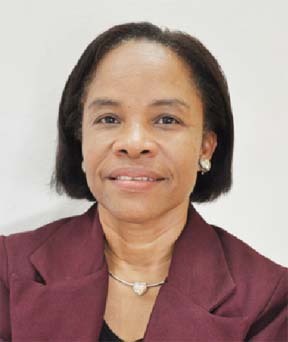By Joycelyn Williams
Joycelyn Williams is a Lecturer in the Economics Department at the University of Guyana and a Programme Management Consultant.
The idea that similar businesses located in one geographical area can have a strong impact on the performance of each, was made popular by Michael Porter in the Harvard Business Review in 1998 in an article, “Clusters and the New Economics of Competition”. Since then, many scholars and countries have tried to implement variants of this idea, trying to boost small business or make existing industries more competitive. This semester, the students of the Industrial Policy Class at the University of Guyana, were so inspired by Porter’s thesis, that they delivered some equally scholarly papers which suggest that they believe it has substantial implications for industrial planning in Guyana. Clusters are geographical concentrations of interconnected companies and institutions in a particular field. They include a wide range of linked industries and other entities important to their competitiveness.
Porter notes that, “Today’s economic map of the world is dominated by what I call clusters: critical masses in one place—of unusual

